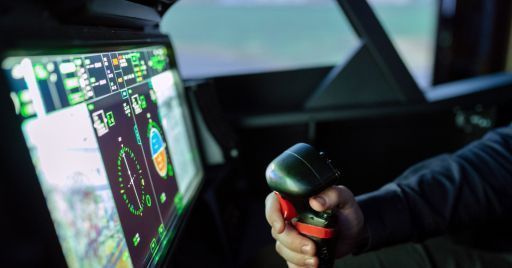
Experiential learning: examples and significance

What is experiential learning and how does it apply to online education?
According to experiential learning theory (Kolb), students learn by reframing some real-world experiences, from which they then draw lessons that they can apply to future experiences. What are the fundamentals of experiential learning and how can they be applied in an online learning environment?
What does experiential learning mean (Kolb)
American psychologist David Kolb defines experiential learning as "the process by which knowledge is formed through the transformation of experience." Thus, knowledge is the result of a combination of understanding and transformation of reality.
An event, an activity that we experience provides us with insights to reflect on so that we can modify the reality around us when we have a similar experience in the future. Because of the personal nature of the reflection process, experiential learning for Kolb focuses on the individual student. His experiences, however, are cast in reality and therefore involve comparison with other individuals.
In addition to practice, reflection, transformation, and personal growth, another pivotal element of experiential learning is continuity, which is why we talk about the experiential learning cycle: practice, reflection, conceptualization, and experimentation.
According to this scheme, learning begins with practice, starting with a real experience. This generates reflection on what has been learned and how it can be improved, enacting the change in other similar situations and starting a new learning cycle based on experience.
Experiential Learning Cycle (Pfeiffer)
Following Pfeiffer's model, Kolb's experiential learning cycle is enriched with some authentic elements:
- Experience - hands-on practice on a problem encountered in real life.
- Communication - sharing the experience with teachers, work and course colleagues.
- Analysis (reflection) - you reflect on your experience by focusing on what is unclear and what aspects need to be improved.
- Generalization - the student uses the results of the analysis on a specific case to find the general rule to apply to other similar situations.
- Application - the theorized knowledge is put into practice and becomes the beginning of a new experience, from which the cycle begins again.
Compared to Kolb's model there is a greater emphasis on sharing experiences.
Experiential learning in online education
Experiential learning in school is applied with a variety of extracurricular activities ranging from internships to study abroad experiences. In business, the principle of " learning by doing" is applied, learning on the job.
Thanks to e-learning, the experience can be conducted safely, without putting employees, customers or partners at risk, through online or blended training, because simulations can be done on dangerous situations: fires, food poisoning, etc.
Here's an example of applying experiential learning to e-learning, in the case of HACCP training:
- Practical - with a simulation, students can practice identifying perishable products, within a shelf. Simple drag-and-drop functions or hotspot questions can be used to get more information even during the simulation.
- Reflection - students can be given the task of checking how products found in local supermarkets are stored and make a small report. They can take a multiple choice quiz and get immediate feedback on their answers.
- Conceptualization and sharing - students can work in groups during a webinar or virtual classroom to share observed experiences, comment on or review other students' simulations, make a plan to store perishable foods in their workplace.
- Experimentation - on the job, you apply the knowledge you have gained about perishable foods, adopting the changes planned through the first experience and subsequent reflection.
The advantage of experiential learning is the student's involvement in every step of the cycle, leading to greater motivation and drive for change in a real-world setting.
Translated with www.DeepL.com/Translator
Did you like this article? Sign up for the newsletter and receive weekly news!
Subscribe to NewsletterComments:
No comments are in yet. You be the first to comment on this article!